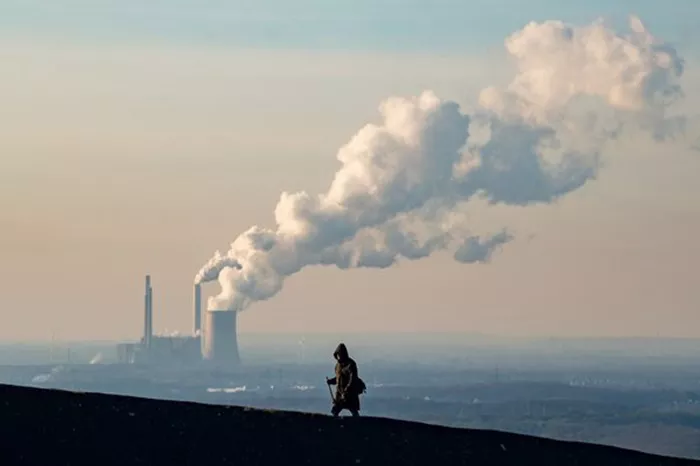Once celebrated as icons of American courage and enterprise, coal miners and oil riggers now face heightened scrutiny as symbols of environmental crisis. Despite being cast as scapegoats for climate change, their narrative parallels the biblical tale of Job, where societal fears and the need for culpability overshadow personal virtues. While corporate entities bear the brunt of climate blame, the transformation of these once-admired figures reflects broader societal anxieties.
The prevailing goal among climate advocates remains the elimination of fossil fuels, vilifying the oil and gas industry as a primary adversary. Yet, this adversarial stance risks oversimplifying a complex transition described by the United Nations Framework Convention on Climate Change as a just and orderly shift away from fossil fuels. This polarizing rhetoric turns necessary societal change into a battleground of winners and losers, rather than fostering holistic solutions.
However, envisioning a future free of fossil fuels alone is unrealistic given current economic realities. Even if such a shift were feasible overnight, the root causes of climate change—exponential economic growth and consumption habits—would persist. The current climate discourse, marked by blame and division, underscores society’s struggle to confront systemic challenges and darker truths about our collective impact.
In seeking solutions, there is a tendency to rely on technological fixes rather than addressing underlying social, economic, and political structures. Renewable energy sources like solar and wind power are hailed as ecological saviors, yet they too face scrutiny for their reliance on resource-intensive extraction processes and economic incentives similar to fossil fuels.
Acknowledging these complexities is crucial. Rather than demonizing industries or technologies, a more nuanced approach involves systemic change at both individual and institutional levels. This entails not only personal lifestyle adjustments but also reevaluating economic models and political practices that perpetuate unsustainable consumption patterns.
Calls for democratic engagement in energy policy, including public ownership of resources and cooperative decision-making, highlight potential pathways toward a more equitable and sustainable future. Such initiatives challenge the dominance of profit-driven motives and advocate for economic practices rooted in principles of solidarity and subsidiarity.
Ultimately, the path forward requires moving beyond divisive rhetoric and embracing constructive dialogue and collective action. By reframing the narrative from blame to restoration, we can cultivate a future that balances environmental stewardship with social equity and economic resilience. As Pope Francis urges, it is not enough to preach change; we must embody it through transformative actions that uphold the dignity of both humanity and the planet.
In conclusion, our response to climate change must transcend scapegoating and confront the systemic injustices that underpin our current predicament. By embracing a holistic vision of sustainability and justice, we can forge a path toward a more harmonious relationship with our planet and each other.
Related topics:
100% Renewable Superethanol-E85: A Promising Alternative to Fossil Fuels
Fossil Fuel Consumption Hits Record High Despite Renewable Energy Surge

